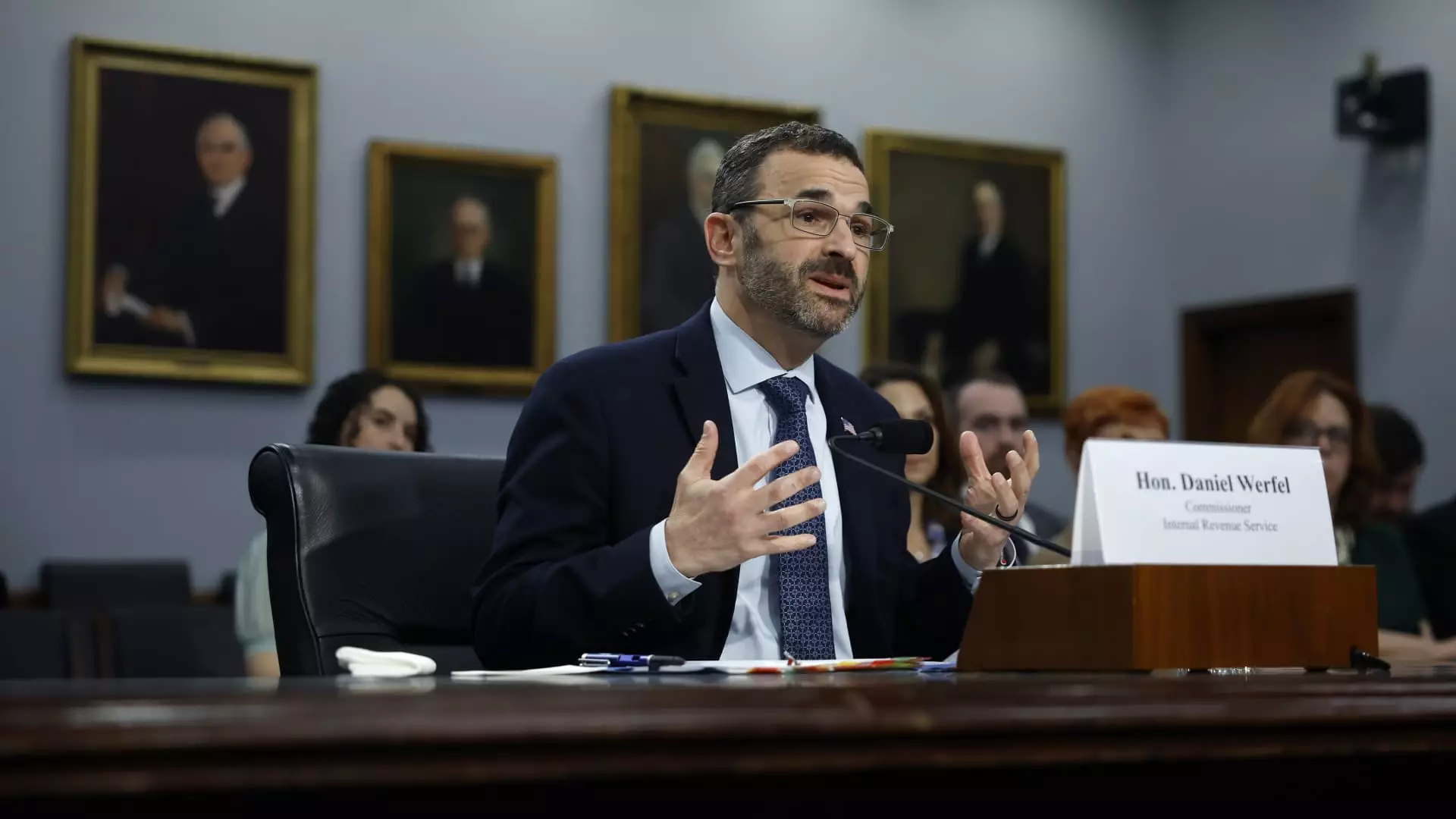The U.S. Department of the Treasury and the IRS have marked a significant achievement in collecting over $1 billion in tax debts from high-income individuals over the past year. This accomplishment is part of an initiative to target those making over $1 million annually with recognized tax debts exceeding $250,000. Treasury Secretary Janet Yellen emphasized the success of this endeavor, stating that strategic initiatives have resulted in substantial returns on investment.
Future Returns and Investments
The infusion of tens of billions of dollars in funding has allowed the IRS to expand its enforcement efforts, invest in technology, and improve data analysis capabilities. Projections indicate that with sustained funding, the IRS could generate up to $851 billion in tax revenues through 2034. Despite the potential for significant returns, the allocation of funding has faced criticism from congressional Republicans, who question the resources and staffing required for pursuing high-income tax evaders.
Recent data from the IRS reveals a significant disparity in audit rates for high-income taxpayers, with only 0.7% of individuals earning $1 million or more undergoing audits in 2019, compared to 7.2% in 2011. Both the U.S. Government Accountability Office and the U.S. Treasury Inspector General for Tax Administration have raised concerns about the IRS’s audit selection process, particularly in relation to high-earning filers. The focus is on improving audit outcomes and reducing the risk of zero-balance-due audits.
In addition to collecting outstanding tax debts, the IRS and Treasury have announced plans to address major tax loopholes utilized by large partnerships. The crackdown on these loopholes is expected to result in an additional $50 billion in tax revenue over the next decade. This comprehensive approach to tax enforcement aims to ensure fairness and compliance across all income brackets.
The IRS’s success in collecting over $1 billion in tax debts from high-income individuals underscores the importance of targeted enforcement and strategic initiatives. With increased funding and enhanced capabilities, the IRS is positioned to significantly improve tax compliance and generate substantial revenues in the years to come. Efforts to close tax loopholes and improve audit processes are crucial steps in maintaining the integrity of the tax system and ensuring that all taxpayers meet their obligations.

